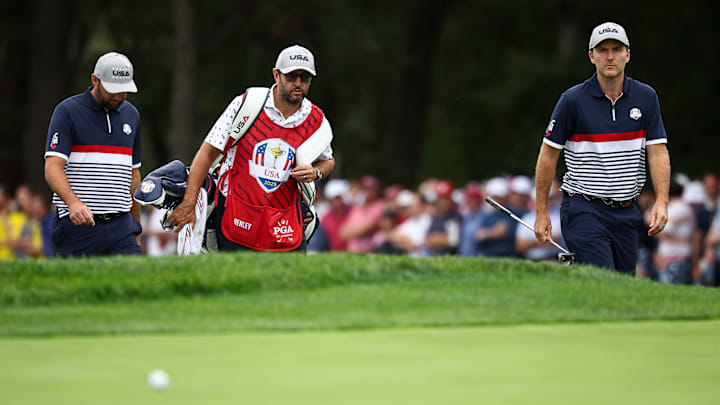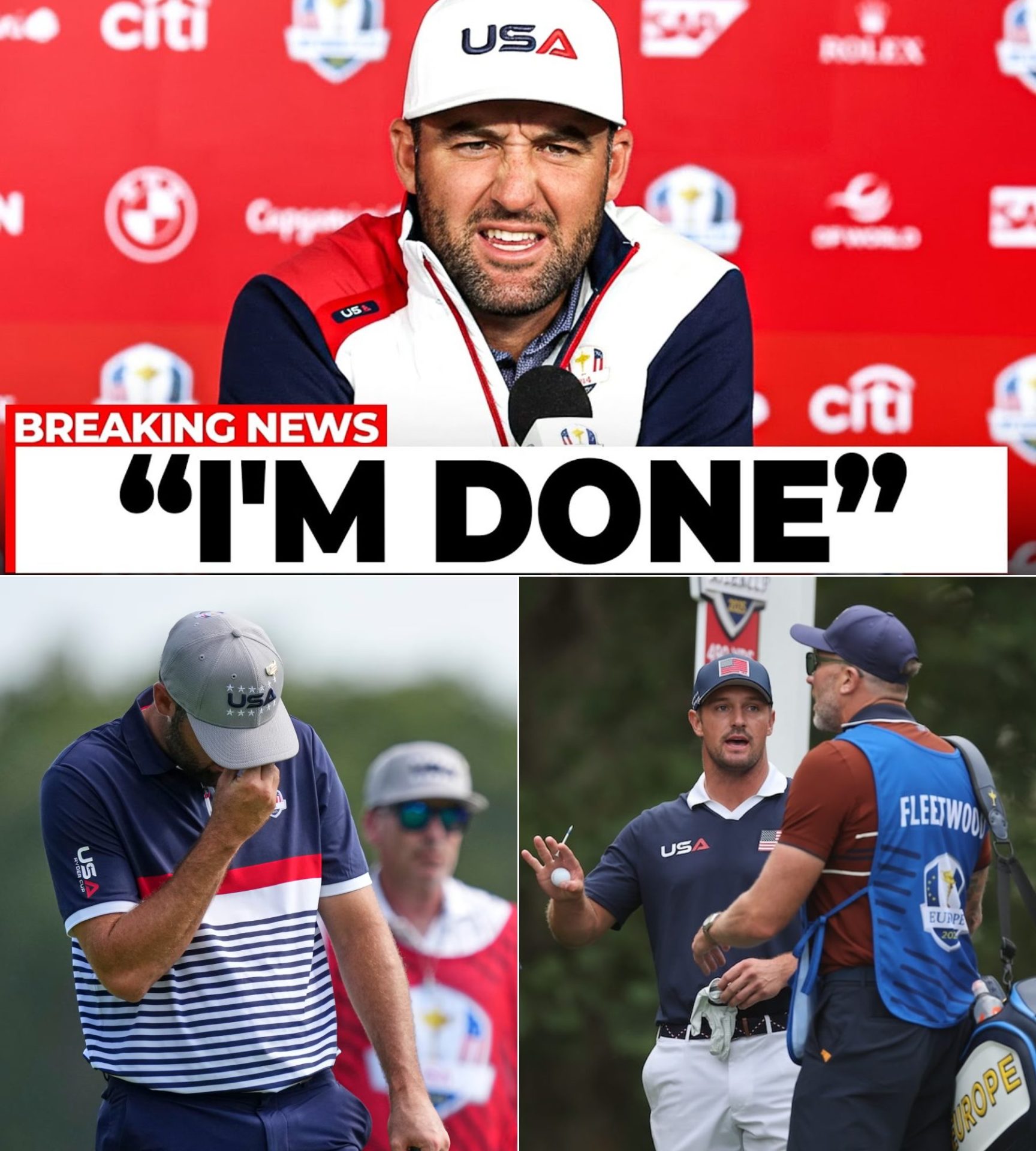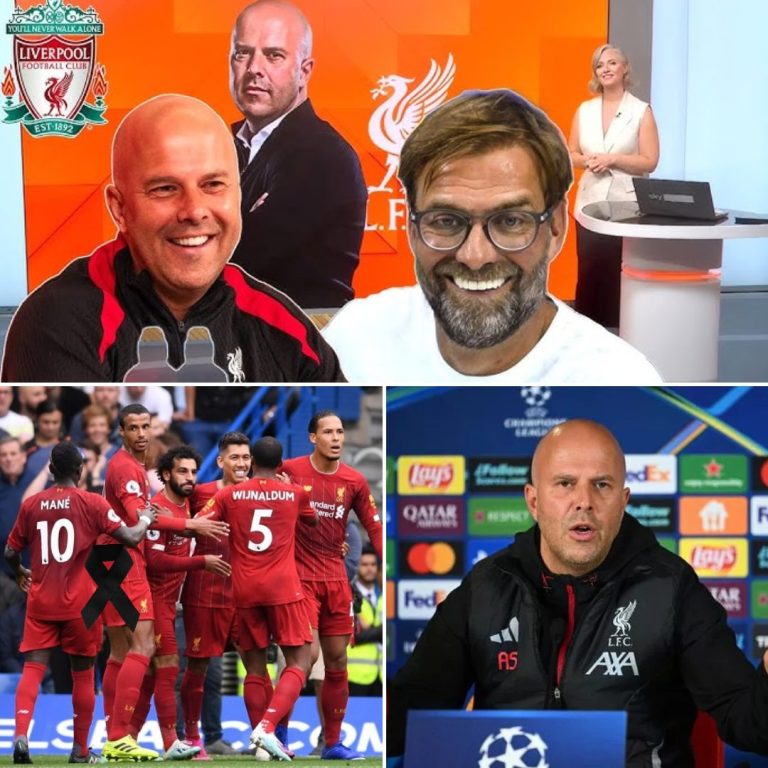The golf world is reeling after Scottie Scheffler, the world’s number one ranked player, delivered a bombshell announcement in the wake of Team USA’s crushing Ryder Cup defeat at Bethpage Black.

Scheffler, who shockingly lost all four of his matches, admitted that the tournament marked one of the lowest points of his career. In an emotional confession, he laid bare the immense weight of expectation he carried, revealing how the pressure to perform not only for himself but for his country became overwhelming. “I’ve never felt anything like it,” Scheffler admitted, describing the tournament as a mental and emotional breaking point.
His candor has stunned fans and analysts alike. Known for his stoic demeanor and calm precision, Scheffler’s admission of vulnerability underscores the brutal psychological toll of competitive golf, especially in the Ryder Cup’s high-voltage atmosphere.
But it wasn’t just Scheffler under the microscope. This Ryder Cup descended into outright chaos, with fan behavior spiraling out of control. The atmosphere — once billed as “electric” — turned toxic as heckling crossed into harassment. The tipping point came when a beer cup was hurled at Rory McIlroy’s wife, a shocking incident that drew condemnation from across the golf world. McIlroy himself lashed out at the unruly crowd, and the ugly scenes have since overshadowed the tournament’s competitive drama.

For Scheffler, the humiliation of going winless at such a historic event was compounded by the lack of cohesion within Team USA. Insiders report tensions behind the scenes, with questions swirling about leadership, strategy, and whether captaincy decisions amplified the struggles of key players. The result? A fractured team dynamic that left the Americans unable to withstand Europe’s relentless momentum.

Now, Scheffler’s “major announcement” has set the stage for a reckoning. While he vowed to come back stronger, he also hinted at the need for change — both personally and within Team USA’s Ryder Cup approach. “We have to learn from this, or it’ll happen again,” he warned.
The fallout is massive. This Ryder Cup will not be remembered for heroic putts or clutch moments, but for the failure of Team USA’s biggest star, the hostility of the crowd, and the crisis of identity now gripping the sport. Already, calls are growing louder for stricter fan controls, leadership shake-ups, and a re-examination of what the Ryder Cup should stand for.

For Scheffler, the road back begins now. For golf, the questions run even deeper: can the Ryder Cup preserve its passion without descending into chaos? Or has this year’s debacle marked the beginning of a new, darker chapter in the sport?






